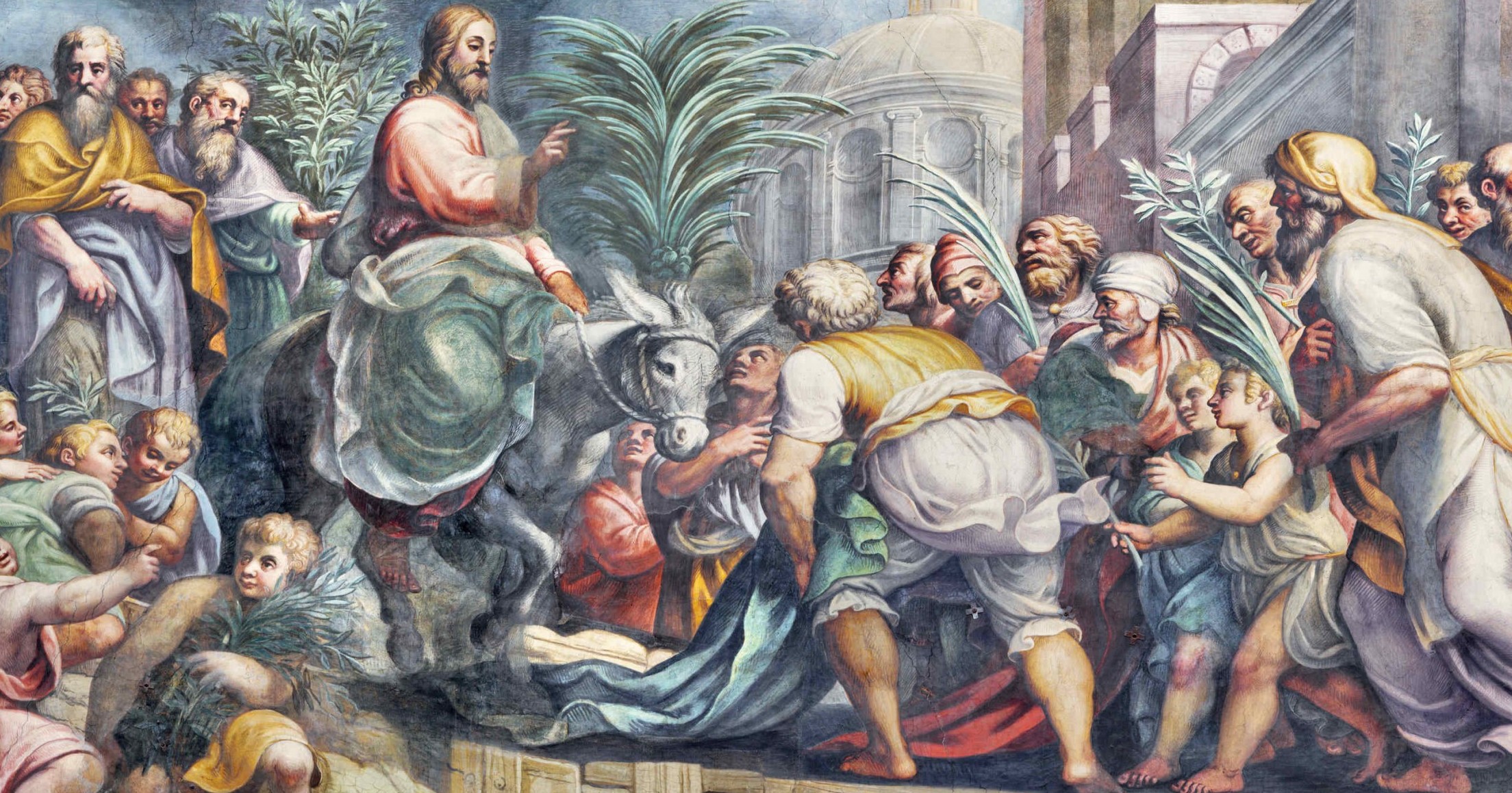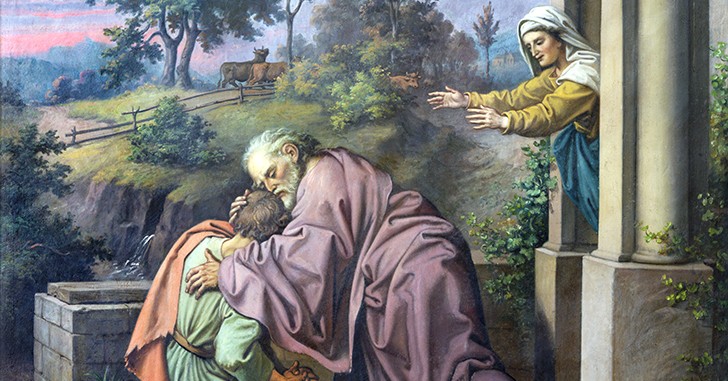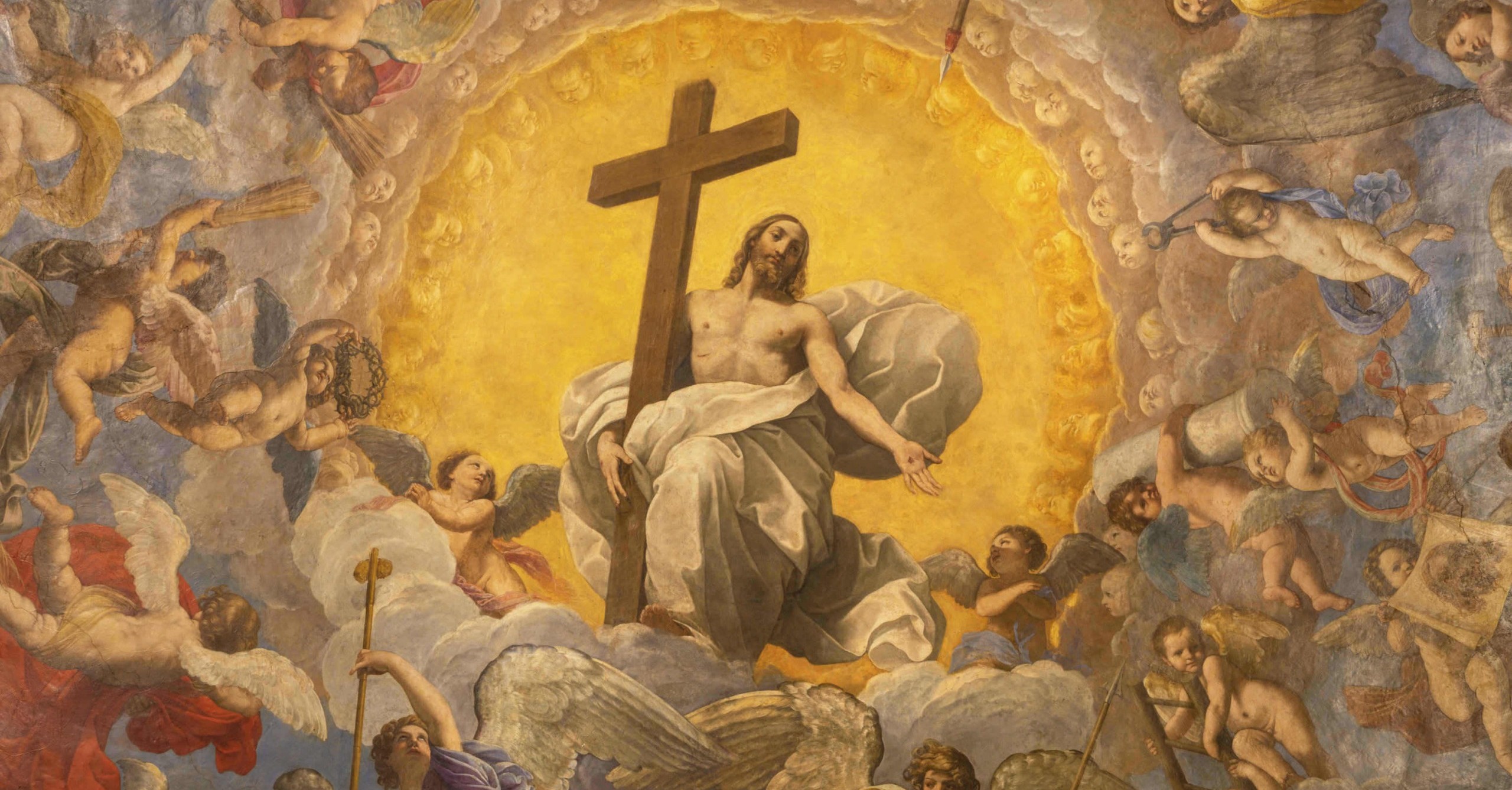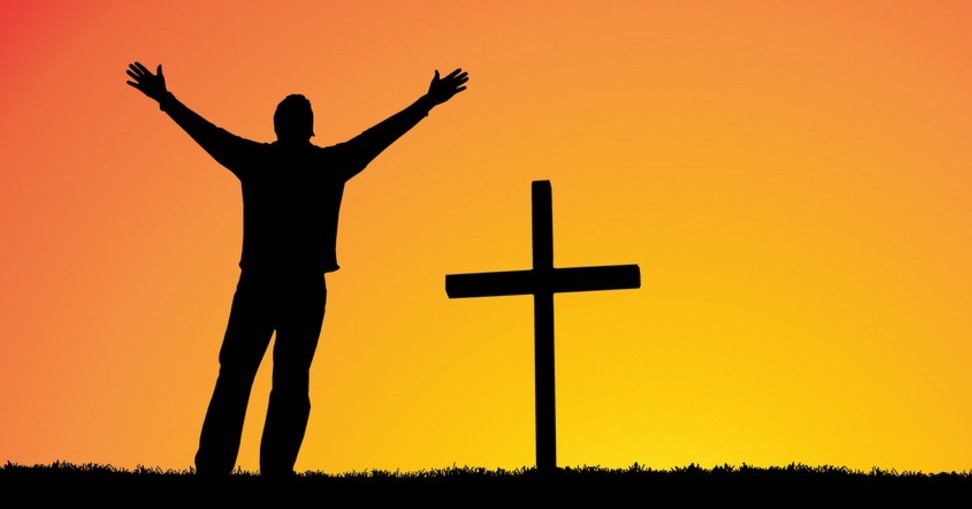Proper 25, 25 October 2020
Today’s Old Testament reading reminds us that Moses didn’t enter the Promised Land. It may seem to have been a setback, but at the Transfiguration he was with Elijah in the vision. We encounter failures in this world, but they don’t take us away from God’s love.
In today’s Gospel we’re reminded of our Lord’s Commandment, which we’ve heard over and over again. I’m thankful that God reminds us what is important, because sometimes I forget. I must love God with all my heart, soul, mind and might (sometimes understood as material possessions). I fail every week, but this week I’m going to strive again. We’re not to give up: we rely on God’s mercy and grace to do what He has called us to do: to love Him with all our heart and to love our neighbour as ourselves.
This isn’t the “perfect love” of Hollywood which moves our emotions. In the real world things aren’t yet perfect: we’re in the process of becoming. We rectify something by acknowledging we’ve failed – not to beat our head with a hammer, but to realise we need God more to fulfil what He said we should do.
Because God is love, His nature is love; He made man the object of His love, because man needs to be loved. The love of a husband and wife is like a ray of light coming from a source called love, which is God. Because God loves man, He demands we love Him first and foremost – not for His benefit but ours. We love Him because He first loved us[1]: we cannot give something we don’t have; but once we receive God’s love, we can share it with others. It’s a constant meditation and understanding, that when we pray we say, “Lord, You loved us, but we’re undeserving”. God so loved that He made us the apple of His eye[2] and the hairs of our head are numbered: He has exact understanding and foreknowledge of everything about us; He knows us more than we know ourselves.
The parable of the Good Samaritan
A lawyer tested Jesus: “What must I do to inherit eternal life?” Jesus asked him, “What is written in the Law?” He said, “Love the Lord your God with all your heart, with all your soul, with all your strength and with all your mind”. Jesus said, “Do it and you will live.” The Amplified version adds in parentheses, “[enjoy active, blessed, endless life in the kingdom of God].” The reason why God wants us to love is that this is where true blessedness will be. This is the key to the life of blessedness – something the world can’t offer us. If we’re to love God with all our heart soul, mind and strength, we can’t love anyone or anything more than God – whether wife, husband, children, the world or anything in it. A husband loves his wife because first he loves God.
The lawyer asked, “Who is my neighbour?” Jesus told a parable about a man who was beaten by thieves and left half dead; a priest and a Levite came, and instead of helping him crossed to the other side.
- Jericho is an image of the world
- Adam was the one who fell among thieves
- The thieves are angels of night and darkness; disguised as angels of light, through deception they stole from Adam and Eve God-given gifts of glory, honour, dominion, power, faith, hope and peace… Man lost or forfeited everything God had given him in the beginning.
- The priest and Levite represent the Law and the Prophets
- Help came from an unexpected individual, the Good Samaritan (Samaritans and Jews had no dealings with each other). He took pity on the man, bandaged his wounds and took him to the inn. He is the one who proved to have love for his neighbour, a closer guardian than the Law and the Prophets. A sick person is brought to the hospital, and a physician administers medicine to cure him; the Good Samaritan is Jesus, who pours wine and oil, representing the Sacraments, to bring healing and bandage our wounds. When we receive the seven Sacraments, God is pouring His oil of gladness and healing upon us because we are wounded in the world.
- The inn represents the Church
- The Good Samaritan gave the innkeeper two denarii; some say these represent the Old and New Testaments
The Good Samaritan was indifferent: he saw someone needing help. When it comes to loving our neighbour, love is indifferent to the person’s skin colour, religion, nationality, height, weight, shape, form… it doesn’t matter. Love is moved when it sees someone in need. Beyond the outside, love sees that every human being is created in God’s image.
Let us share God’s love with others
The way we learn to love is by loving. If we open our eyes and hearts, many around us need help, particularly at this time of pandemic. We can’t solve all world’s problems, provide all the needs in Africa, or feed everyone in our city. But we can feed those who are closest to us, whom we can reach with our hands, through compassion; if we all do so, we may be able to eradicate poverty and suffering. But without God’s love, we can’t love and share His love with others: it is from God, who gives us the power of love, that we can love our neighbours. If we all walked in love, we would live in a changed world – the most powerful force on the face of the earth is God’s love.
As we come to the table of love, let us be reminded that we are to strive to emulate our Lord and follow His example, seizing the opportunity to love God by extending that same love to others. If we do so, we’re making a difference in the world we live in.
[1] I John 4:19
[2] Psalm 17:8









